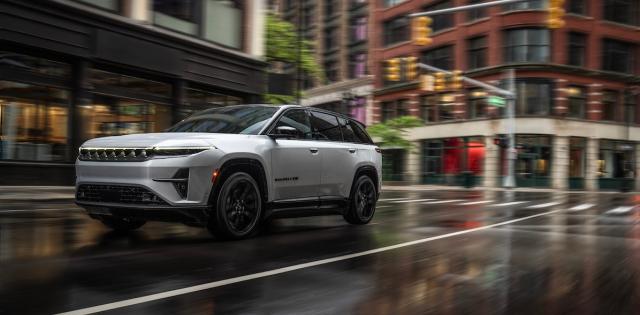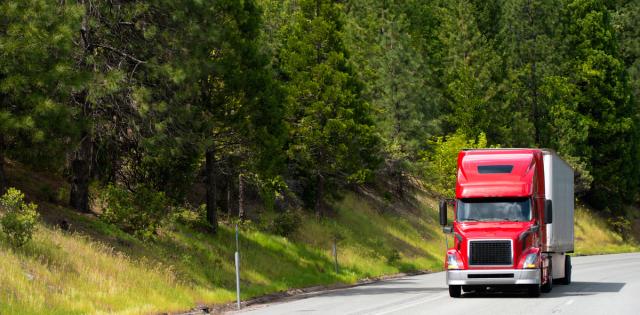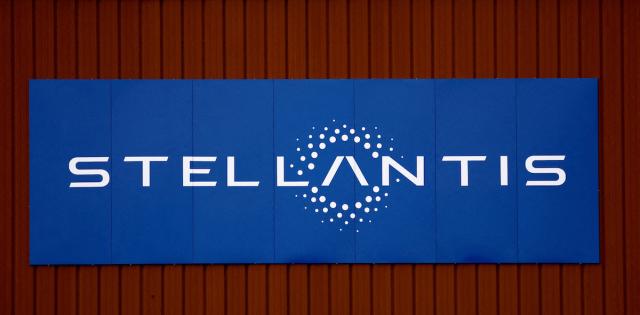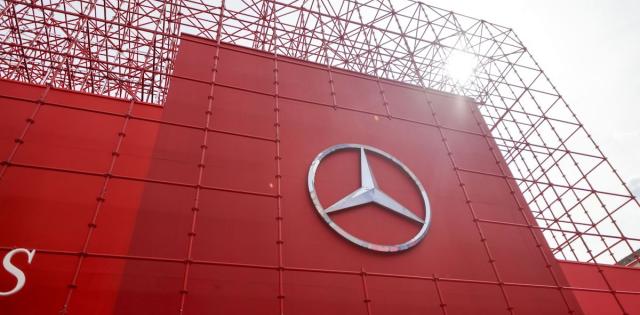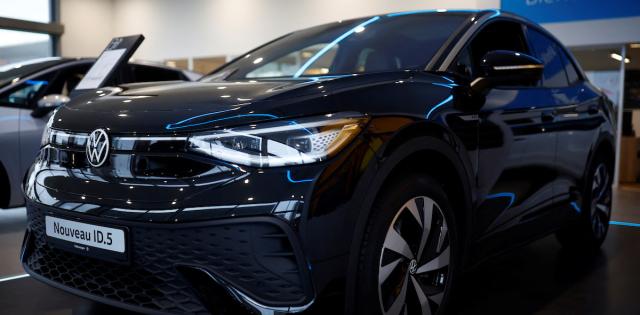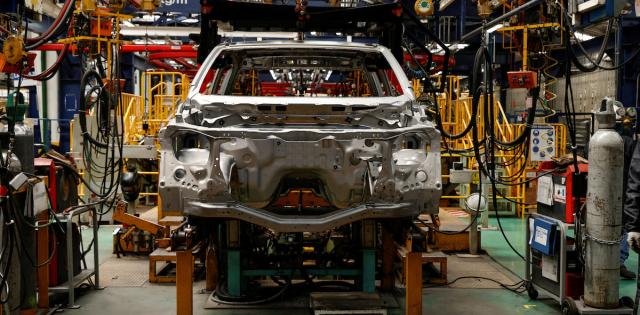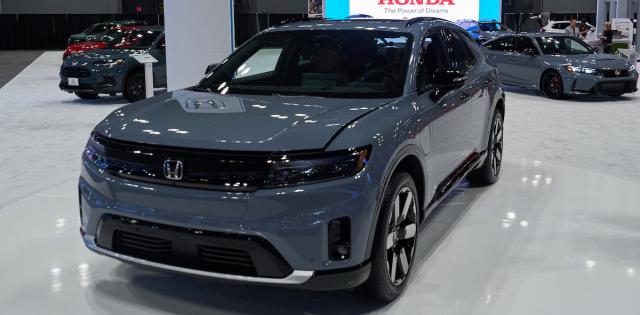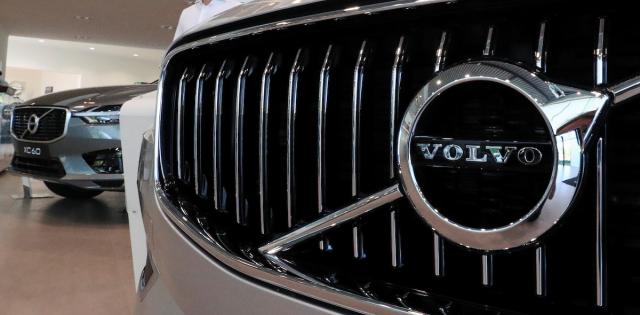The article below is sourced from Bloomberg Wire Service. The views and opinions expressed in this story are those of the Bloomberg Wire Service and do not necessarily reflect the official policy or position of NADA.
Toyota Motor Corp.’s top scientist warned that transitioning to electric vehicles too quickly could lead drivers to hold on to old gas guzzlers and called for hybrids to be given a longer leash ahead of a Group of Seven leaders summit in Japan.
Subsidies and restrictions targeting combustion cars will make EVs attractive for customers who can afford them, but gas-electric vehicles remain a better fit for other consumers, Gill Pratt, Toyota’s chief scientist and chief executive officer of the Toyota Research Institute, told reporters in Hiroshima on Thursday.
It’s an oft-repeated argument from the world’s No. 1 carmaker: that the transition to fully electric vehicles will take longer than people expect, and that a multipronged approach that includes hybrids and other alternatives will reduce emissions faster in the meantime. Environmental groups have criticized Toyota for taking too long to go fully electric and letting Elon Musk’s Tesla Inc. and China’s BYD Co. take the EV lead.
“Eventually, resource limitations will end, but for many years we will not have enough battery material and renewable recharging resources for a BEV-only solution,” Pratt said, referring to battery-electric vehicles.
“Battery materials and renewable charging infrastructure will eventually be plentiful,” he said. “But it will take decades for battery material mines, renewable-power generation facilities, transmission lines and seasonal energy-storage facilities to scale up.”
While Toyota and other Japanese carmakers pioneered hybrid technology, they’ve trailed Tesla, BYD and others in ramping up EV output. Several have promised to rapidly expand production in the next few years.
Battery-electric vehicles “are an extremely important option,” Akio Toyoda, chair of both Toyota and the Japan Automobile Manufacturers Association, said during a briefing Thursday.
Throughout his 14-year tenure as Toyota’s CEO, which ended in April, the grandson of the company’s founder was both lauded and criticized for his belief in an approach that involved selling hybrids, fuel cell vehicles and other alternatives alongside BEVs.
Critics including Greenpeace have questioned whether Toyoda’s strategy square with the carmaker’s goal to halve emissions by 2035 and become carbon neutral by the middle of the century, an assertion that he’s refuted.
“The goal is to do something about global warming,” Toyoda said. “The mutual enemy is carbon dioxide.”
Koji Sato, the new Toyota CEO who took over in April, has said Toyota will sell 1.5 million BEVs annually by 2026 and roll out 10 new fully electric models. The world’s largest vehicle manufacturer sold 38,000 BEVs in the fiscal year that ended in March and has targeted 200,000 for the current fiscal year,
In April, G7 environment and energy ministers pledged to reduce vehicle emissions by 2035 but stopped short of announcing any deadlines or interim goals after a meeting in Hokkaido, Japan.
For more stories like this, bookmark www.NADAheadlines.org as a favorite in the browser of your choice and subscribe to our newsletter here:


